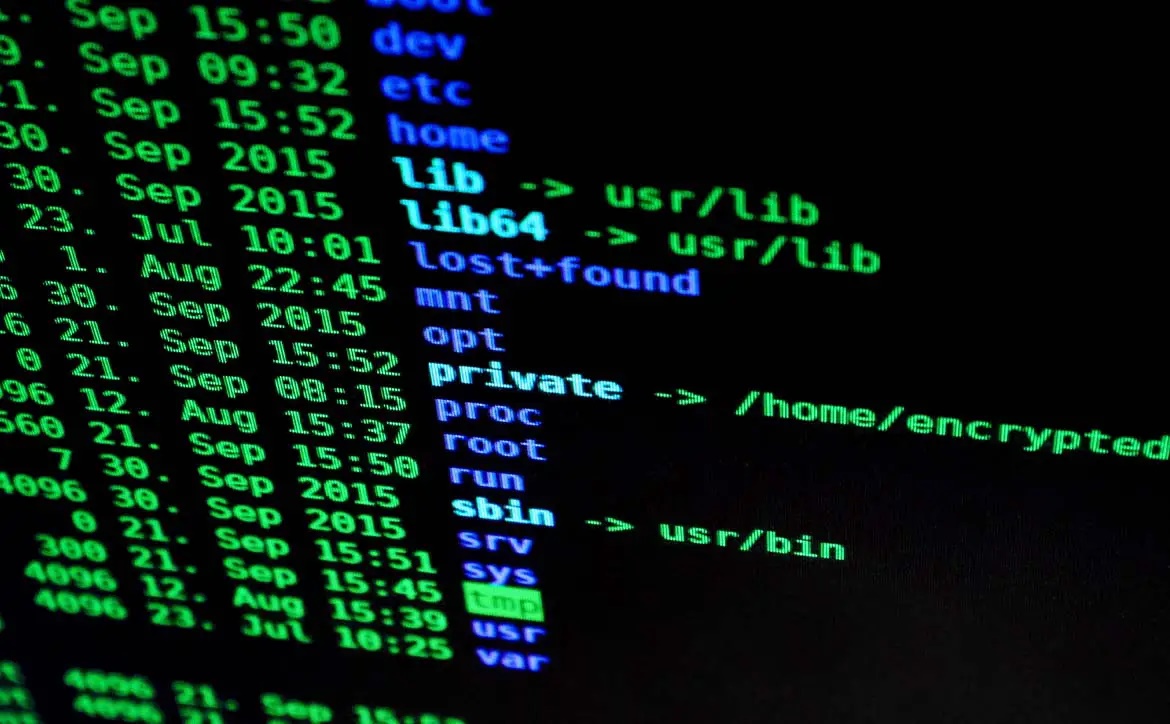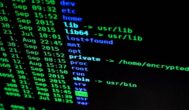Just as your body can contract a virus, so can your computer system. A virus makes you rather sick and unable to function normally, but a computer virus steals data or deletes your files. If you want to prevent your PC from becoming infected by a harmful virus, then follow the procedures described below.
Avoid shady websites
Unless you only visit a handful of websites on the internet, you must have come across at least a handful of shady websites. These wicked sites exist only to take your money, identity, or personal files to abuse for their own dark wishes. Clicking anywhere on their web pages may start a viral download, corrupt your computer, or send you where you least expect to go. One way to spot a treacherous website is by checking the status of its security protocol: Is it using either SSL or TLS 1.2? If not, then consider it insecure and do not interact with it.
Don’t click on strange advertisements
Advertisements are everywhere, and they are getting flashier every day. Those advertisements are generally legitimate when originating from trusted brands such as Google and Amazon, but that’s not always the case. As tempting as it might be, do everything you can to stop yourself from clicking on a colorful ad because it may lead you to danger. A single click is all it takes for you to download a destructive virus that may harm your computer. Some apps may force you to watch ads to continue using their services, but you can simply wait for them to end to avoid putting your computer in danger.
Install and run an antivirus
A strong antivirus program is often the best defense against malicious software. An antivirus program will actively monitor your computer for incoming threats and zap them at first sight. Additionally, it will periodically scan your computer for detrimental files that may have cleverly hidden in the darkest corners of your hard drive. Choose an antivirus app or a complete security suite to protect your PC from unwanted viruses.
Refrain from publicizing your email address
Your social media accounts allow you to publicize your email address on your profile. Although this may make it easier for your friends and family to find or save it, it also gives unmetered access to the henchmen of the internet, also known as scrapers. Robotic scraping programs prowl through millions of public social media accounts to catalog the details of your personal information. Once they get ahold of your email address, they will bombard you with spam emails designed to trick you into handing over your login credentials to places such as your bank account or credit card portal.
Learn to spot fake emails
Hackers will send illegitimate emails to you with the intent of sneakily getting you to divulge your sensitive information. These emails are often disguised as official emails from corporate brands such as Walmart, Amazon, or your local bank. It may seem difficult to identify these deceptive emails at first, but you can easily spot them with some practice. After learning the ropes, you will save yourself from the trauma of downloading dangerous viruses into your computer.
Update your operating system
Whether you’re using Windows, macOS, or Linux, your operating system always needs the latest updates. Cyber hackers are always finding ways to exploit your computer’s OS to make it do questionable things such as download a vicious virus. The development teams at those companies are always working hard to fix these vulnerabilities, which they send out to you in the form of patches. It may take a long time to download the update, but your computer will thank you for defending it against the looming risk of viruses.
There is no bigger threat in the computer world than the possibility of downloading a malicious virus. In this case, it’s better to be prepared than to react, so follow the tips above to ensure proper defenses against the latest viral perils.























